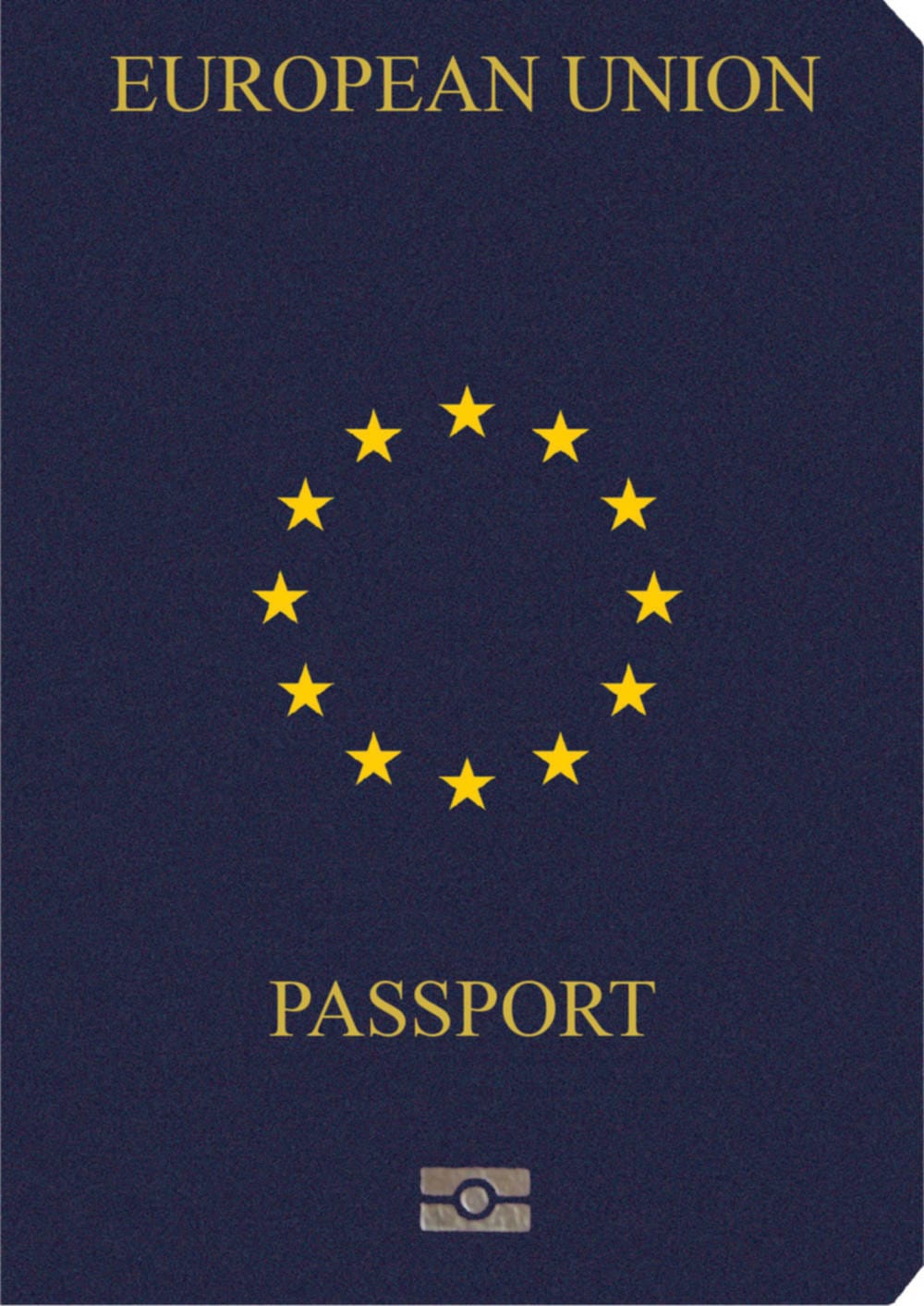A European Citizenship
In the first of two articles about our friends from across the Channel, Leonardo Ialongo lays out the case for European integration

For an outsider to European politics, or indeed politics in general, it can often be difficult to understand the need for the European Union. Of course it helped maintain peace, but was war really possible after the atrocities of the Second World War? Although the common market was a good and necessary step, why do we need such a powerful body to regulate and limit our national sovereignty? Not to mention the incredible amount of money we have to ‘donate’ to other countries because they cannot manage their economy well. All reasonable objections, except they happen to be slightly false, or at least to say misguided.
The first myth, although probably the least controversial, is that war was not possible after the Second World War. This always reminds me of the famous H. G. Wells quote “the war to end war”, referring to the First World War. Many in fact believed that after the horrors of the Great War, no country would be insane enough to once again start the race to arms. However it did happen, and not because Hitler was a madman, but because the war left behind poverty and resentment, sparking the rise of nationalism once again. The ECC and then the EU have brought countries closer together, allowing for the sorrows of the war to be a shared tragedy and responsibility. If after World War II the Marshall Plan and the ECC had not set the conditions for growth and intergovernmental relation, war might have not been such a remote possibility.
If you believe that the EU had done a good job protecting peace, you might still question why, for example, British nationals have to pay higher taxes to rescue countries that did not manage their national budget well. Very often in fact, when discussing the Euro-crisis, conservative politicians in Britain, and other ‘rich’ countries such as Germany, complain about the fact that their taxpayers will be burdened by other people’s faults. This is however a slightly misguided truth, as in fact most of this money is in the form of a loan, and should therefore be paid back. It is however even more baffling that the citizens are frequently not aware that Europe works both ways. It is not just giving: all the countries receive aid and benefits as well. The difference is that it does not go on the front page of every newspaper. Recently The Guardian, in an article by Simon Sweeney, listed all the benefits Britain received from the EU. I will list just a few to stress this point:
“Structural funding to areas hit by industrial decline; restrictions on landfill dumping; cheaper mobile charges; cheaper air travel; improved consumer protection and food labelling; single market competition; Europe-wide patent and copyright protection; freedom to travel, live and work across Europe; funded opportunities for young people to undertake study or work placements abroad; access to European health services; labour protection and enhanced social welfare; holiday entitlement; the right not to work more than a 48-hour week without overtime; strongest wildlife protection in the world; EU-funded research and industrial collaboration; counter terrorism intelligence.”
There are benefits which European countries should not forget at the first sign of crisis
There are more, but I think these will probably suffice.
The advantages Britain, and all the other countries, receives are not limited to internal competitiveness, funding for research and infrastructure, and improved welfare and security. The biggest contribution is probably in terms of international standing and competition. The individual European countries are not powerful enough to stand against giants such as China or India; the EU however is. It is the largest economy of the world, the biggest market and the number one exporter and importer worldwide. This could further improve if the EU had a single foreign policy: its influence would be comparable if not superior to that of the United States of America, allowing the EU to defend even more the interests of European citizens. A united foreign policy and representation could further help the European countries, which are at the forefront of dealing with most issues related to sustainability and human rights, to further demand the implementation of European or similar legislation worldwide. In confronting big challenges such as climate change, the European Union could be the major player in triggering the global reforms necessary for safety and prosperity.
In an increasingly globalised society the role of single nations has necessarily been reduced. More European integration allows for the interests and security f European citizens to be protected on an international stage where single nations have lost their influence. It would also encourage the EU to take a firmer stand on some of the issues that plague our word today, such as climate change, human rights and regional conflict. It further allows greater international and inter-European competitiveness, strengthening our economies and decreasing internal tensions. The last and often less mentioned benefit is the increased mobility and opportunities, which encourages the collaboration and sharing of culture and ideas.
These are all benefits which European countries should not forget at the first sign of a crisis.
Next week Leonardo will address the issues facing a collective Europe today.





